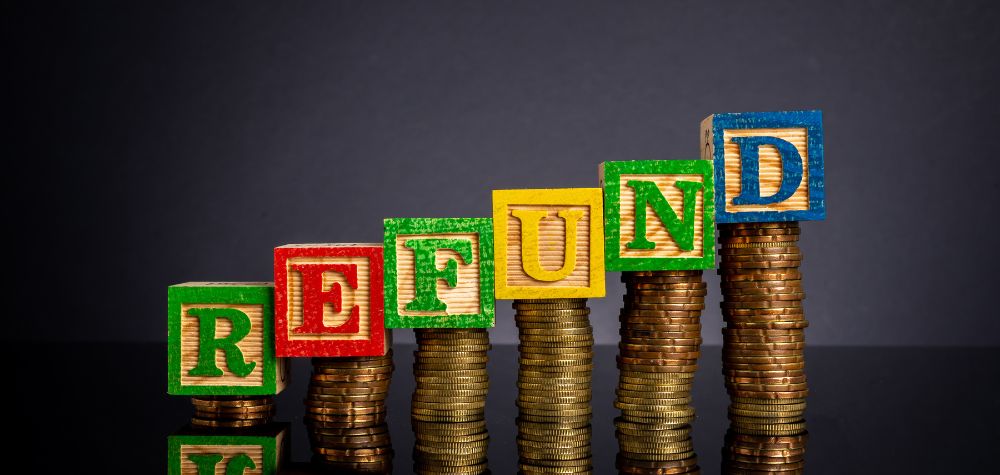
What Could You Do With Your Tax Return Refund?
With tax return refunds returning to your bank accounts (especially if your return was lodged as soon as feasibly possible), you may be in a position where you have a little more cash to burn.
While the cost of living crisis may have some putting their money towards necessities, others may have the flexibility to consider ways to use these additional funds to boost their long-term wealth options.
Here are 3 ways you could be putting your refund to use (if you’ve got the flexibility to do so).
Pay Down Expensive Debt
This year’s return could be put to best use by paying down any outstanding debts, starting with the ones with the highest interest rates.
These debts may include:
- Credit card debt, which can have an eye-watering interest rate of more than 20 per cent
- Personal loans
- Your mortgage (any reduction in the outstanding balance could save thousands of dollars in interest over the loan term)
Boost Retirement Savings
Putting your tax refund into superannuation as a personal concessional contribution can be effective for those on an income tax rate of at least 32.5 per cent, which kicks in when annual income hits $45,000.
For those with incomes up to $42,016, there is also a super co-contribution scheme, under which for each added dollar of after-tax contributions put into a fund, the government contributes a matching 50 cents. The government’s co-contribution is capped at $500.
If your income exceeds $42,016, the co-contribution from the government reduces progressively and cuts out at $57,016.
Fast-track Home Deposit
Putting your tax refund in superannuation under the federal government’s First Home Super Saver Scheme can be a good way to fast-track getting on the first rung of the property ladder.
Under the scheme, first-home buyers can save for a home deposit in a quarantined area of their super account, where the money is earmarked for the purchase of property and benefits from concessional tax rates. The amount that can be held inside super under the scheme increased from $30,000 to $50,000 on July 1 2022.
The limit on annual contributions for a home deposit that can be parked in super is $15,000. They must be personal voluntary contributions, rather than compulsory payments made by your employer.
You must be logged in to post a comment.

+ There are no comments
Add yours